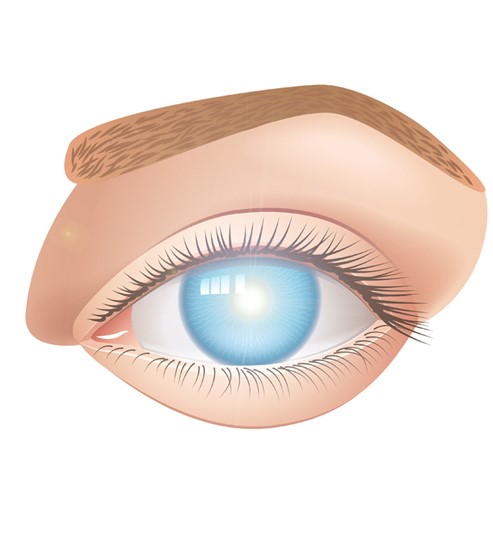Night blindness does not simply mean that once the clock strikes 9 that you can no longer see. What it means is that you will have more difficulty with your vision when in a darker place or situation. There are varying degrees of night blindness and some are more treatable than others.
It is more likely that you will experience night blindness if you are going from a really bright place to a dark place immediately afterwards. It is hard for your eyes to adjust completely in that quick of a time frame. When you are in situations of alternating light and darkness, this may also impair your vision. Situations that this would occur in include driving between streetlights.
The root of the problem, and what should be looked at to determine the cure is the cause of night blindness. There are a few different causes for night blindness including cataracts, Usher syndrome, and nearsightedness. In terms of cataracts, that is more likely developed in older people than younger ones.
Another way to increase chances of poor sight is vitamin A deficiency. Retinol is very important to your vision as it helps convert nerve signals into images within your eye, specifically at the retina. Vitamin A is a fat soluble vitamin so those people with any type of difficulty in their ability to digest fat may have an increased risk of vitamin A deficiency.
The treatment options will differ depending on the underlying cause of the night blindness. Luckily if the cause is vitamin A deficiency or cataracts, your night blindness is treatable. Cataracts can be removed through a surgical procedure. During the procedure, the clouded lens of your eye that has been affected by cataracts will be taken out and replaced with a nice and clear artificial lens.
On the other hand, vitamin A deficiency may be an easier fix. Supplements and a diet change may be the correct way to go about this rather than a surgery or anything that dramatic.
There are also untreatable causes of night blindness such as if you have it because of genetic reasons. Retinitis pigmentosa for example, is one that would fall into that category.
If you do have night blindness you should avoid driving at night or being in situations that could be dangerous without proper vision.
If you have night blindness consult a doctor to figure out the cause so that you can go about fixing it the best you can.


